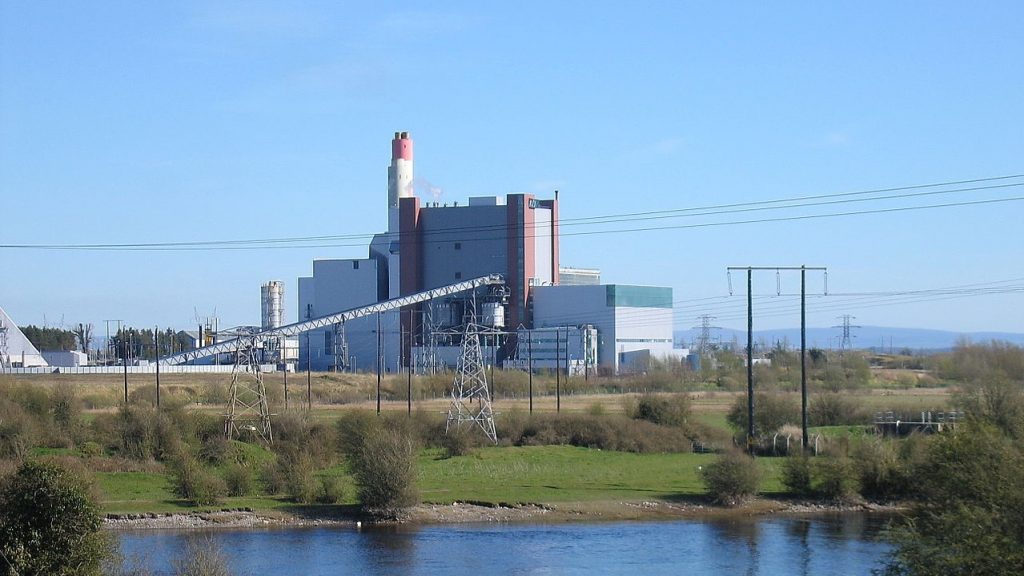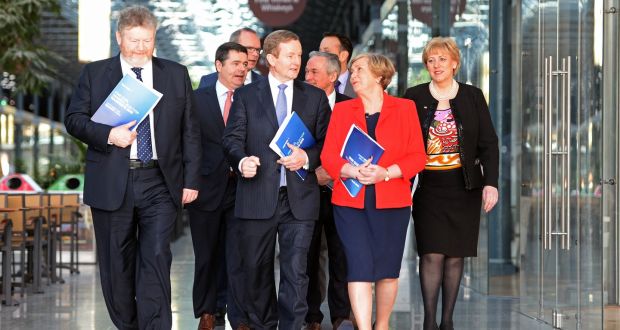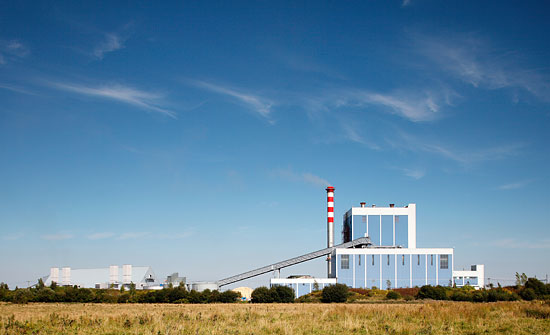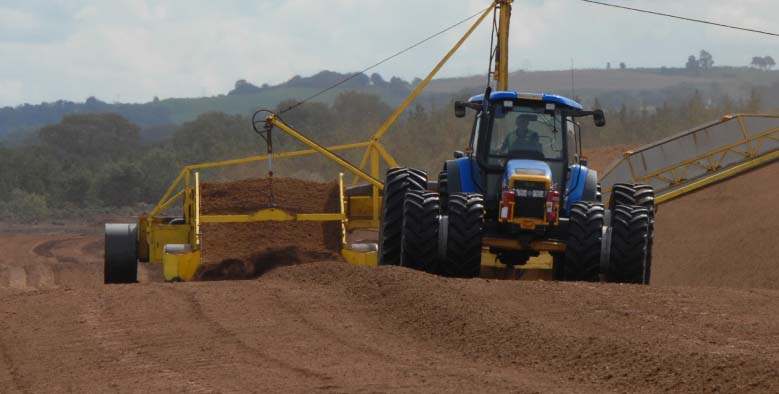Greens call for commission to oversee Just Transition

September 18th, 2019
The Green Party wants to see a Just Transition Commission set-up to protect workers and ensure areas hit by our move away from a fossil-fuel economy don’t turn into Irish “rust belts”.
Relaunching the Just Transition Bill, currently at second stage before the Dáil, the party’s leader Eamon Ryan TD today said that a strong plan will allow for a smoother transition to a low-carbon economy in the fastest and fairest way possible.
The use of coal and peat for electricity generation is lined up to stop in 2025 and 2028 respectively, bringing with it a major shift in the way of life for communities in the Midlands and other parts of the country heavily reliant on the likes of the ESB and Bord
The Joint Oireachtas Committee on Climate Action (JOCCA) earlier this year called for the State to establish a just transition taskforce focused on workers in the Midlands.
While outlining plans to enhance education and training options to support a just transition in its new Climate Action Plan, the Government did not take up the taskforce recommendation.
Instead, it wants to see a review group set up even though a similar grouping already exists under the National Economic and Social Council.
Mr Ryan said that his party’s proposal for a Just Transition Commission would bring together all relevant stakeholders to put a framework in place to prepare those affected by the switch to a low emission future.
The Commission would provide a mediation service for communities to discuss transition paths, as well as facilitate the development of just transition plans that encourage new sustainable jobs, infrastructure, up-skilling, and the development for areas reliant on
The Commission would also ensure that the Government actively considers employment issues when developing new climate policies, as well as advising policymakers on how best workers can maximise the opportunities provided by a low carbon future.
“If we don’t act to create strong policies for a just transition for workers in fossil-fuel industries, the change to a green, low-carbon economy will risk creating economic and social injustices which we have seen in the mining communities in Wales and the North of England, or the ‘rust-belts’ of the US,” Mr Ryan said.
“The Government cannot ignore the need to go green, but they also can’t ignore the need to ensure that no worker is left behind in the new green economy. Those who work in fossil fuels should be transitioned into a new economy that has working conditions and pay at least as decent as what they left behind.”

Slow to react
The plant in Co Offaly current burns peat to generate electricity and the ESB was seeking to convert it to co-fire with biomass from 2021 until 2027 when it would become fully biomass fuelled.
The ESB’s plans were struck down by An Bord Pleanála in July largely over biodiversity, climate and supply concerns, leaving hundreds of workers in the Midlands vulnerable.
The future of the semi-state’s other peat plant in Co Longford is also on a knife-edge over EPA compliance issues and similar worries about gaining permission to transition to biomass burning.
Councillor Pippa Hackett, the Greens agriculture spokesperson and Offaly native, said that things need to move fast as she has already seen the impact that the end of peat cutting and burning will have in her constituency.
“The people need to be engaged with, they need support and more than ever they need a plan for jobs and enterprise to replace what is lost. With
A report from May 2017 commissioned by IMPACT trade union found that up to that point policymakers had essentially ignored the potential impact on jobs of moving toward a low-carbon economy. This misstep, the report said, could lead to a “chaotic” restructuring harming community dependent on carbon-based technologies.
Speaking in July, the chair of the Climate Change Advisory Council Professor John Fitzgerald said that the State missed a beat in not planning ahead for the phase-out of coal and peat that has been signalled for decades. If there was appropriate planning to date, he said that there wouldn’t be such “sudden job loss” as is now expected at both the
Last year, Prof Fitzgerald said that subsidies for biomass co-firing at Bord
[x_author title=”About the Author”]






